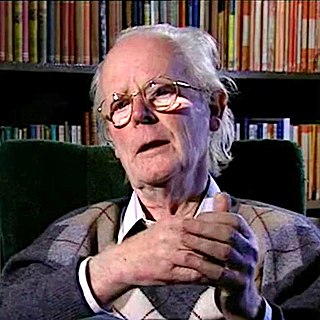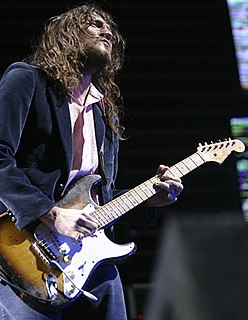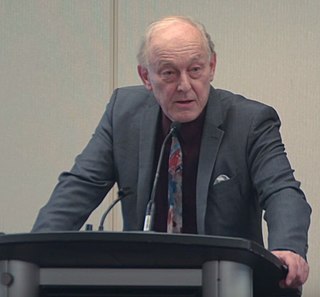A Quote by Bill Vaughan
Behavior is the theory of manners practically applied.
Quote Topics
Related Quotes
In the contemporary world, we think of politeness as surface behavior, like frosting - it's sweet and attractive and finishes off the cake. But 19th century nobility and the enlightened thinkers and stoics before them viewed manners in a very different way. To them, manners are an outward expression of an inward struggle.

































